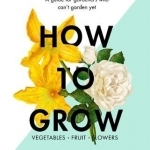
How to Grow: A Guide for Gardeners Who Can't Garden Yet
Book
This is the gardening book reimagined for a new generation. A book for people who want to learn how...

Simply Stairs: The Definitive Handbook for Stair Builders
Book
Simply Stairs is a 'how to' book which guides the reader through all aspects of the design and...
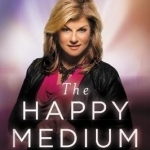
The Happy Medium: Life Lessons from the Other Side
Book
The world-famous medium and star of Lifetime Movie Network's #1 rated show The Haunting Of ...tells...
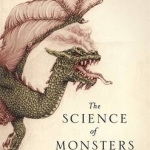
The Science of Monsters: Why Monsters Came to be and What Made Them So Terrifying
Book
Modern audiences do not find dragons frightening. Fascinating as mythical creatures, yes, but...

The Psychology for Sustainability
Britain A. Scott, Elise L. Amel, Susan M. Koger and Christie M. Manning
Book
Psychology for Sustainability, 4th Edition -- known as Psychology of Environmental Problems:...

202 Outstanding City House Ideas
Book
A handsome and practical source of inspiration for designing, building or remodelling. An architect...
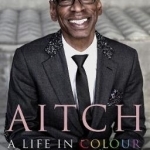
Aitch: A Life in Colour: Conversations with My Hair Stylist
Book
We've all chatted with our hair stylist. But how often do our conversations reveal extraordinary...
The Sociology of Speed: Digital, Organizational, and Social Temporalities
Book
There is a widespread perception that life is faster than it used to be. We hear constant laments...
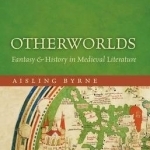
Otherworlds: Fantasy and History in Medieval Literature
Book
This book offers a new perspective on the otherworlds of medieval literature. These fantastical...
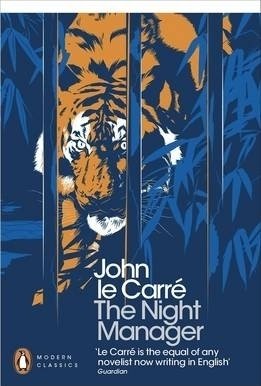
The Night Manager
Book
In The Night Manager, John le Carre's first post-Cold War novel, an ex-soldier helps British...
